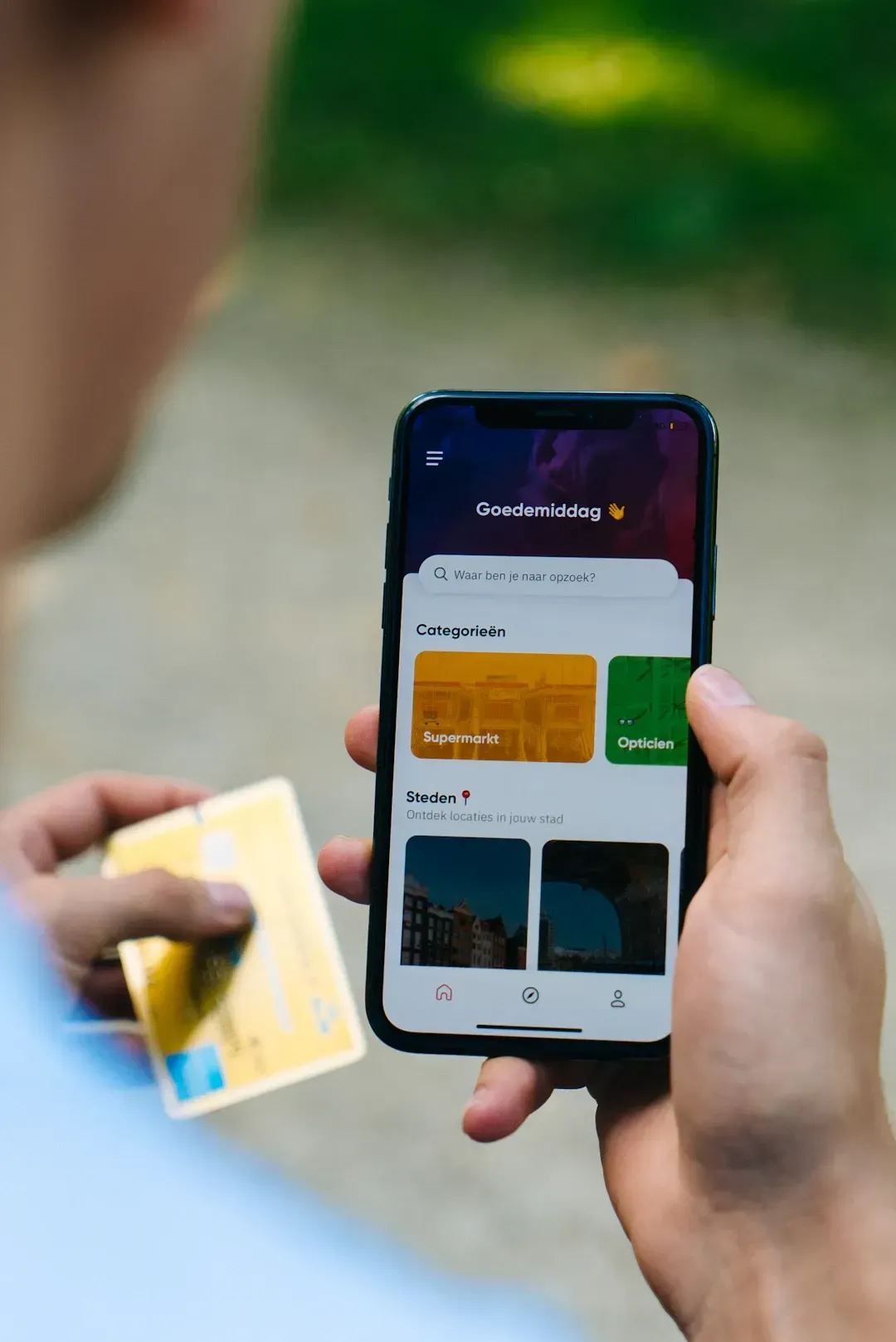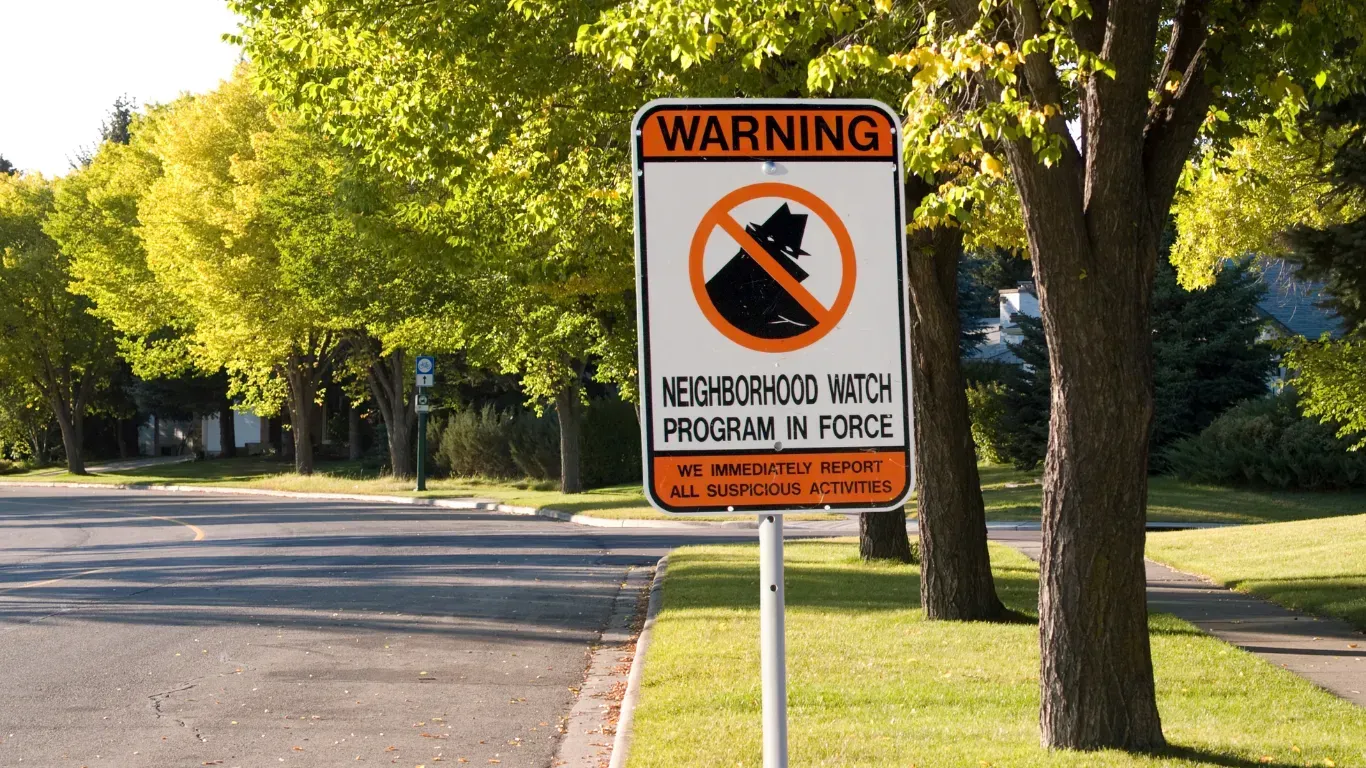Payment App Scams: What to Look for and How to Avoid Becoming a Victim by Alina Lopez
This article has been written by Alina Lopez

Most of us are using or have used mobile payment apps at some point. It’s a convenient and easy way to send and receive money in this contactless world. As their popularity has grown, scammers have also taken a liking to these apps to try to steal your money. According to the Federal Communications Commission (FCC), “unlike traditional banks and credit cards, payment app services often lack the same fraud protections.” In fact, payment apps have rates of fraud that are three to four times greater than credit and debit cards.
Scammers have become savvy with this method of transferring money and are using these platforms to scam money out of unsuspecting victims. There are numerous types of scams out there, but for the sake of time and space in this blog, only a few more common ones will be highlighted.
• Buying and selling goods. Scammers may list bogus goods for sale and never follow through with the item after you’ve paid them. If you’re the one selling an item, scammers may attempt to purchase it using fraudulent payment methods and after they receive the item, the payment will either fail to clear or they may cancel the payment before it goes through.
• Fake emergency scam. Scammers will call claiming that a family member has been in an accident or is injured or is in some sort of trouble and they're acting as a third party to help with the situation. They urgently request the necessary funds to render treatment or bail your family member out. There was one case of someone posing to be the victim’s grandson who had been in a car accident and the person he hit was threatening to sue. The lady sent money to her supposed grandson to avoid a lawsuit, however, the grandson had never been in an accident, and no one was suing him. It was all a scam.
• Me to Me scams. Someone posing as your bank will text you about possible fraud and will ask that you send money to your own Zelle account. In the meantime, they’ve linked your Zelle account to their own bank and transfer the money to themselves.
Being aware of common scams associated with payment apps is probably the most important thing you can do to protect yourself from falling victim to these crimes.
• Remember, you never have to transfer money to receive money from an app.
• Payment apps will never ask you to verify your username and password.
• Don’t respond to unexpected payment requests from friends unless you verify the request with them through an outside source (text, email, phone call).
• Never refund an overpayment or accidental payment unless you know and have verified the person who initiated it.
• Treat payments like cash. It’s always a good idea to double-check that you have the correct information to make sure your money is going to the right place before hitting send.
If you are a victim of a mobile payment scam, report the problem immediately to your bank. Even if you aren’t able to recover the money, reporting the activity may help protect future victims. For more information on payment app scams, visit www.ftc.gov or your financial institution’s website.
Until next time, be aware, make good choices, and be safe! To contact our office, call 305-470-1670 or visit our website www.citizenscrimewatch.org.


Share this article





